Despite challenges, BFA theater applicants put ‘heart and soul’ into college process
Photo credit: Harley Quinn Smith
Seniors Hollis Dohr, Gabby Weltman and Anika Ramlo pose for a photo. The three Archer girls applied for BFA theater programs.
Pacing, deep breaths and paper crane making are just some of the anxiety-relievers you’re bound to find at an audition for a Bachelor of Fine Arts program in theater, as told by seniors Gabby Weltman, Anika Ramlo and Hollis Dohr.
Although it may be ultimately rewarding, auditioning for a BFA program can take an emotional toll on a student in the moment.
The Process
Dohr gave insight as to how personal the process can feel.
“The hard part about auditioning is that the process is so incredibly personal. These faculty aren’t judging you on your academic performance, extracurriculars, test scores, or awards. They’re looking at who you are,” she said. “So when you don’t get a callback or you get denied, it doesn’t feel like they’re just rejecting your application, it feels like they’re rejecting you as a person.”
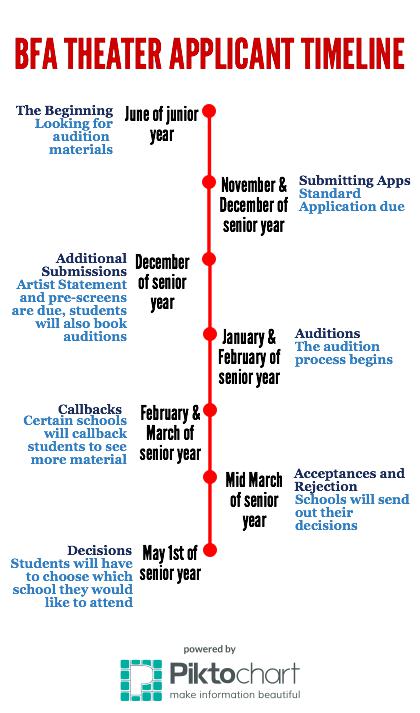 Applying to a BFA program can not only be an emotional and personal process but an extensive one as well.
Applying to a BFA program can not only be an emotional and personal process but an extensive one as well.
“You can’t really understand just how much work it is until you do it yourself,” Ramlo said.
Students will sometimes come to realize that a BFA program is not right for them after encountering the extremities of the application process.
College guidance counselor Sonia Arora offered advice to students wondering if a BFA program is the right fit for them.
“For students who really struggle with it, I would think that they would then back away from the BFA process altogether because they would’ve realized that the intensity of it and the psychological impact of it is just really too hard for them and that they maybe aren’t right for a BFA program ultimately,” she said.
“That’s what people say in our profession about these processes — if you go through it and feel like you still want to do a BFA, then it’s a good sign, but [if you] start going through the process and you realize it’s too much for you, then that’s probably a sign that you might want to choose a different direction,” she added.
In addition to the standard application, students have to turn in further supplements when applying to a BFA program. The requirements vary depending on the school; however, common essentials include an artist statement explaining how the student fell in love with their particular art, a pre-screen test and then, of course, the audition.
Auditions
Ramlo explained just how rigorous the process can be.
“With BFA programs, not only do you have to do testing, the Common App, essays, supplements and all the normal stuff that all college applicants have to do,” she said, “you also have to do additional theatre applications, pre-screens (videos of your monologues that you send into schools which they use to determine whether or not they want to invite you to audition live) and then most importantly — the auditions themselves.”
To see an example of a pre-screen, watch Ramlo’s and Weltman’s to the right.
For the auditions, students must prepare multiple pieces.
“If you’re invited for an audition, you have to adhere to very specific guidelines for audition material,” Dohr said. “For example, schools require songs and monologues of varying length, style, time period, language, etc. So the key is to find about four to six monologues and two songs that will work in all scenarios – which isn’t easy. The monologues must be from a published play; you have to have read the entire play — which made preparation for my two Shakespeare monologues hard— and it must be age appropriate.”
Due to the lengthiness of the application process, students applying to BFA programs usually have a prolonged experience. Most college applicants are done with their submissions by January; however, for BFA applicants, January could be just the beginning.
“This totally bothered me, but it’s just the way it goes,” Ramlo said. “While everyone was finished with apps in January, my process was really just beginning. Everyone was celebrating being second-semester seniors, and I was working nonstop on my monologues. I was stressed and jealous.”
The elongated application process often causes BFA applicants to have to miss school for auditions. This can lead to additional stress because the student will end up having to juggle schoolwork with the auditions that will determine their future.
“One of the biggest problems I faced actually was with my schoolwork,” Dohr said. “As much as I wanted to do well in school, I simply couldn’t focus my attention on my work. Every night I was rehearsing my songs and monologues, doing my arts supplements, arranging the the details for my trips, and I was so nervous I could barely sit still.”
Nerves are a common factor among most audition goers.
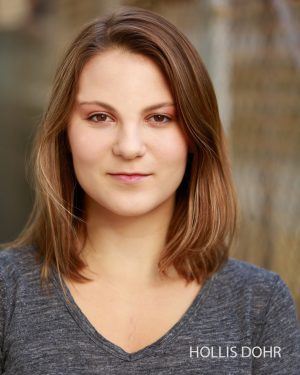
“You’re essentially putting your heart and soul, accompanied by months of preparation, into a five-minute audition that could determine the next four years of your life,” Dohr said. “Of course, it’s not actually as important as it seems, but in the moment, it’s so much pressure.”
You’ve probably seen a stereotypical audition portrayed in film or on TV; the room is anxiety ridden, hearts are beating at a faster pace than was previously known to be humanly possible, the casting directors are as cold as ice and criticism is inevitable. According to Weltman, Ramlo and Dohr, this stereotype is mostly accurate.
Weltman recalled an evaluation that a casting director gave her at her first BFA audition.
“The woman in my first audition said about my contemporary comedic monologue that it wasn’t funny, she didn’t believe me, and it felt forced,” she said. “It’s hard to hear that.”
The casting directors can be strict when giving criticism and meticulous when making their decisions because some schools take as few as 15 students into their conservatory a year.
Arora compares the auditioning process to trying out for a sports team.
“It’s kind of like when you want to play for an athletic team, you also want to fit into the team and you want to really like the coach because you’ll be working really closely with them,” she said.
Ramlo enjoyed the audition process despite its challenges.
“I got to do what I love every single day. I got to perform and play around and experience the bliss that is acting every single day for two weeks,” she said. “When you think about it that way, the audition process is a blessing.”
Takeaways
Despite the emotional strain, all three applicants said their struggles were worth it in the end.
“It was my determination and passion for the work that kept me going,” Ramlo said.
Weltman offered some advice for students considering applying to a BFA theater program.
“Trust your gut during the whole thing,” she said, “since it is after all about what you want and where you will be going to school.”
“At the end of the day, it was completely worth it,” Dohr said. “It was difficult, but following your passion always is. For anyone considering applying to a BFA program, I encourage and applaud you. Don’t be surprised if what you want changes along the way. Allow the process to inform you about who you are as an artist and what you’re looking for in a college.”
“This process takes courage,” she said. “It has taught me perseverance and the importance of trusting my own work.”
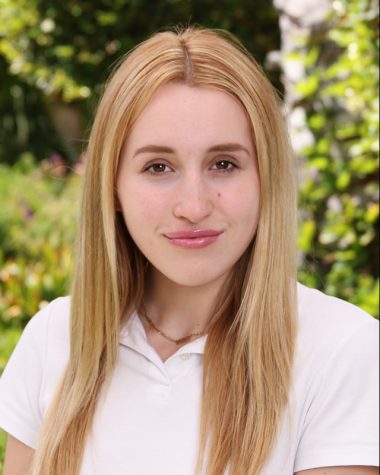
Harley Quinn Smith, the newest addition to the 2016 Oracle staff, is very excited to be a part of journalism this year. She has been an Archer student...




![Freshman Milan Earl and sophomore Lucy Kaplan sit with their grandparents at Archer’s annual Grandparents and Special Friends Day Friday, March 15. The event took place over three 75-minute sessions. “[I hope my grandparents] gain an understanding about what I do, Kaplan said, because I know they ask a lot of questions and can sort of see what I do in school and what the experience is like to be here.](https://archeroracle.org/wp-content/uploads/2024/03/grandparents-day-option-2-1200x800.jpg)
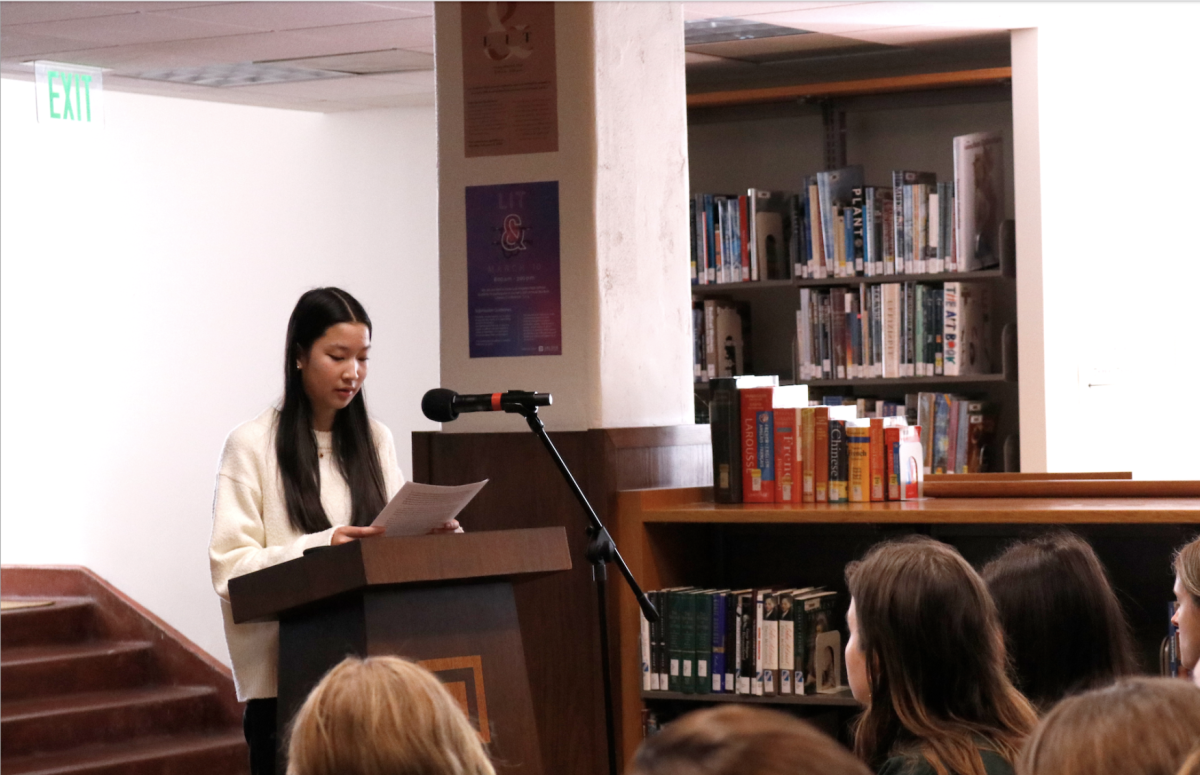










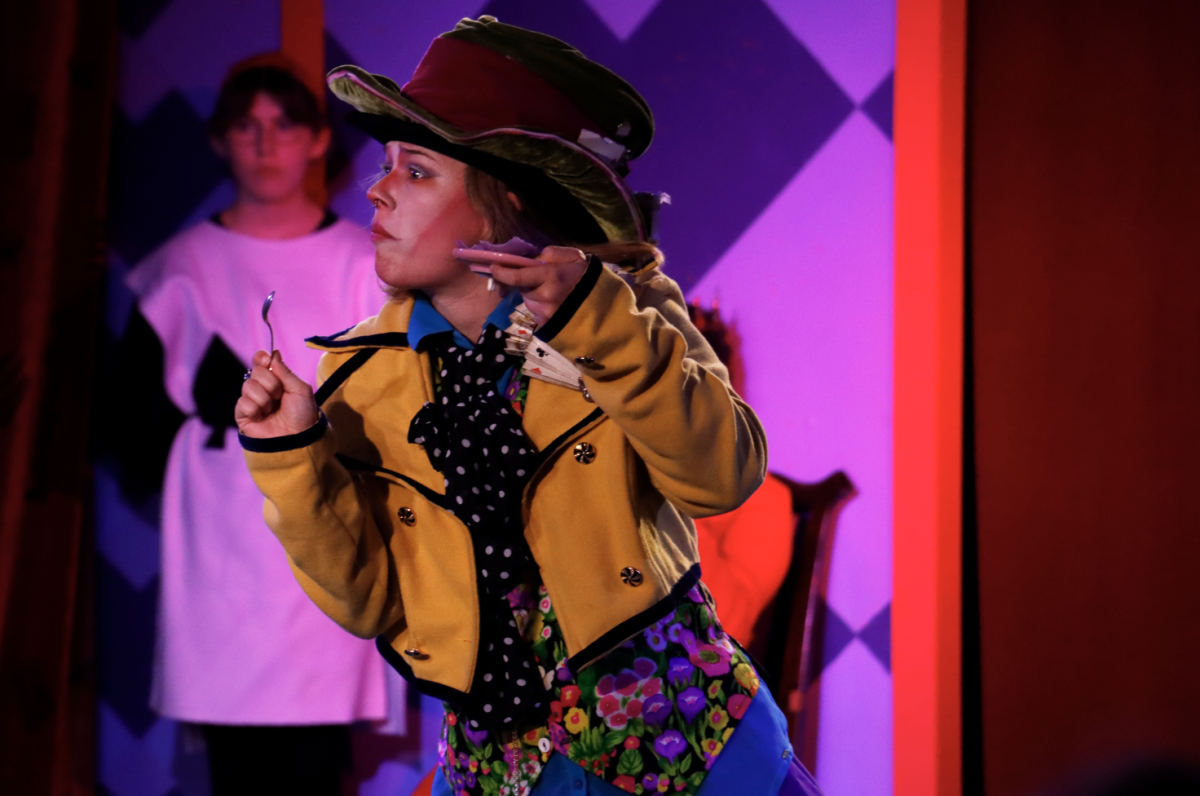
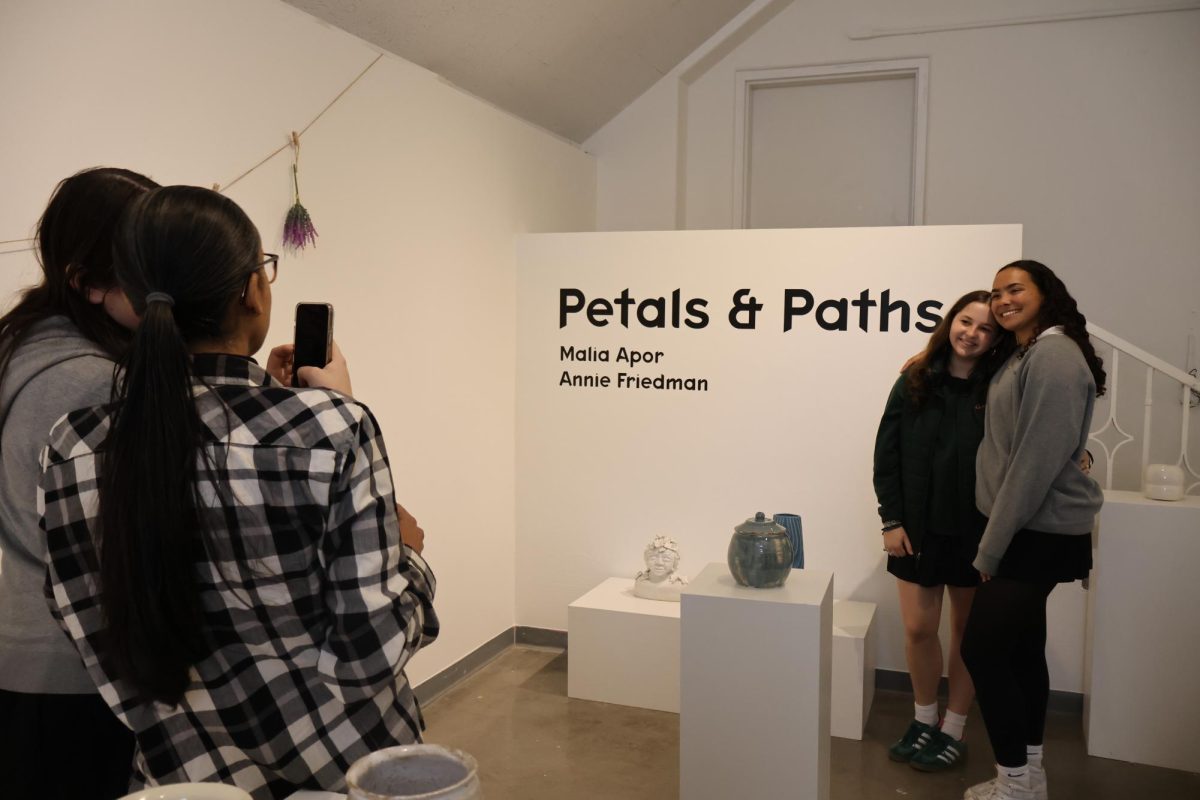








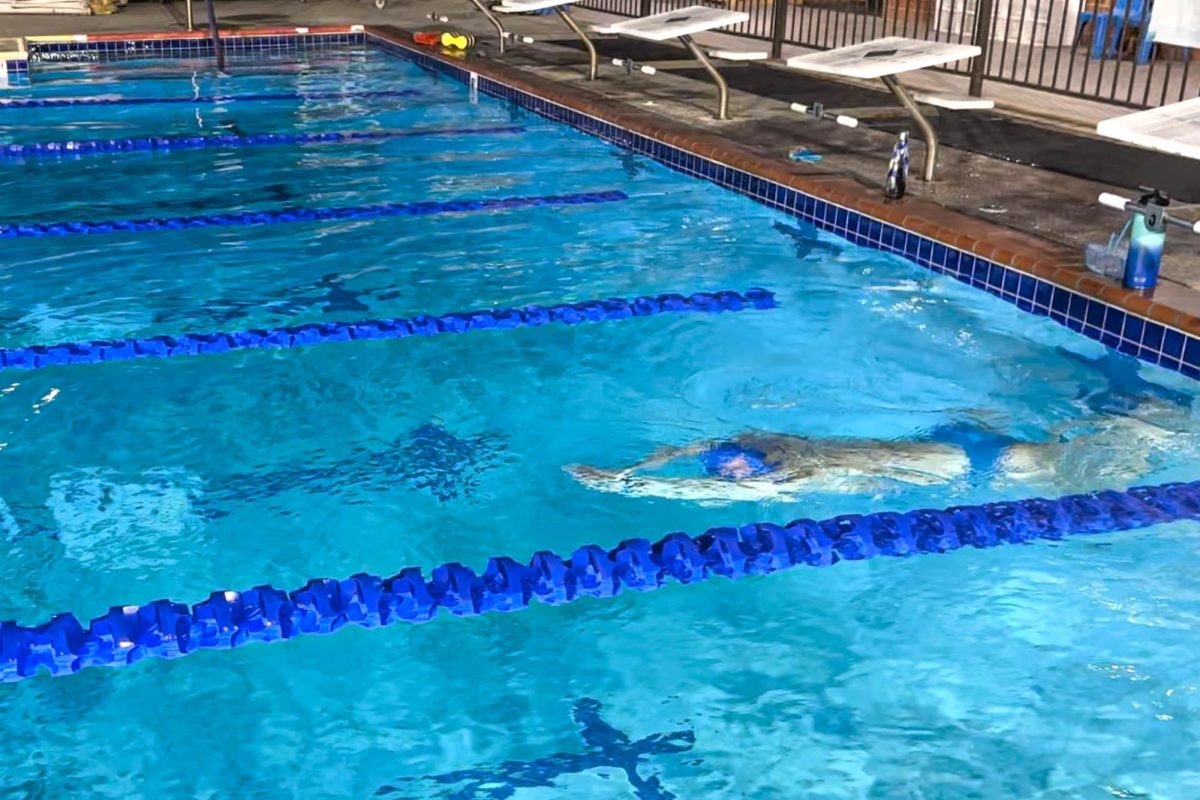

























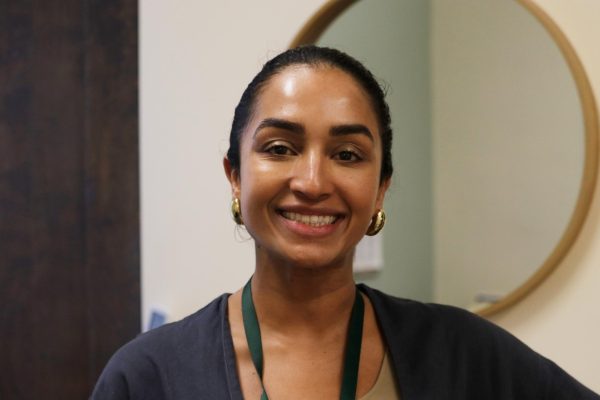


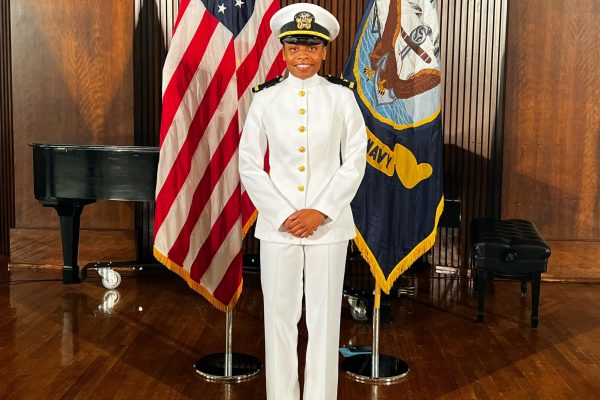




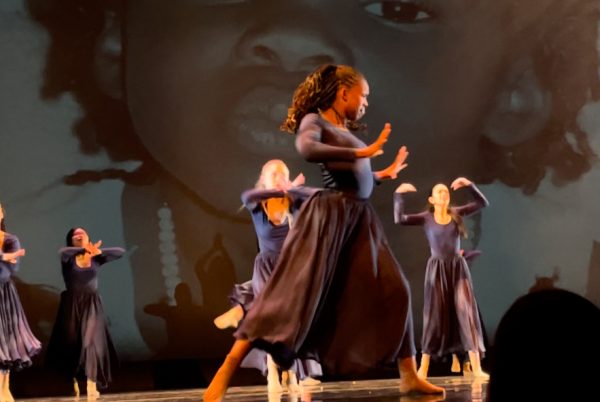




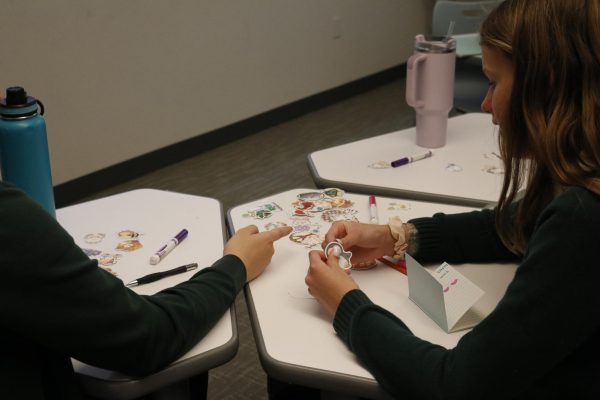

Dr. Yoshimura • May 19, 2017 at 11:25 am
It’s been a privilege watching all four of you girls develop and refine your craft over the years. Can’t wait to see you on Broadway or on the screen!
Sonia Arora • Apr 24, 2017 at 6:02 pm
Great article, Harley! It’s fun to see the prescreen footage.
Ms. Arora
Nelly Rouzroch • Mar 26, 2017 at 8:51 pm
Great article Harley!!